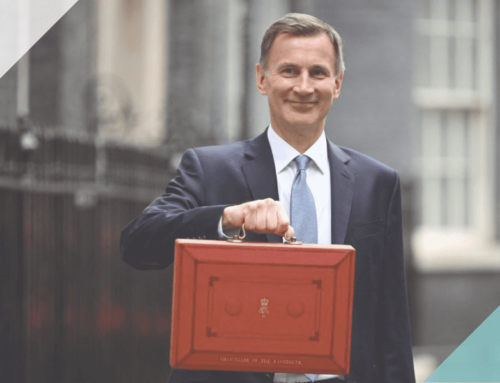In the recent case of Rail for London v The Mayor and Burgesses of the London Borough of Hackney, the UK High Court considered what happens when express terms of a lease do not reflect the wider business context.
The Facts
London Borough of Hackney granted a 99-year lease of railway arches and buildings to London Underground in 1994, who then sublet on the same day for the same term. The rent under London Underground’s lease was defined by reference to the rent payable under the sublease. The sublease was surrendered in 2003.
In 2009 the lease was assigned to Rail for London. Even after the surrender, the then-tenant London Underground and the new tenant Rail for London continued to pay the rent as per the terms of the lease until 2019.
In 2019, Rail for London challenged the obligation to pay the rent on the basis that no rent is payable under the lease as there was no sublease and sought repayment of around £6m paid during the period between 2003 and 2009.
The Dispute
Rail for London wanted the court to declare that no rent was payable under the lease. London Borough of Hackney disagreed and argued that the rent continued to be paid even after that the sublease was surrendered. They went further to argue that the express wording of the lease itself meant that rent was still payable and if this is not agreed, a term should be implied to that effect.
The court noted that on the express wording alone, no rent would be payable under the lease. The court, however, concluded that it made no commercial sense for Rail for London to stop paying rent under its own lease when the sublease ended. It was reasonable and equitable to imply a term into the lease requiring it to continue to do so.
Although in this case, London Borough of Hackney were recused by the courts implying the term however, this would have all been avoided if the lease expressly included a correctly defined term in respect of the payment of the rent or addressed the consequences of the surrender of the sublease. It is not unusual for obligations in leases to be drafted by reference of a headlease or sublease however, it is wise for parties to draft the leases taking into account the consequences the relevant headlease or sublease coming to an end and to draft expressly for this scenario.
If you would like further information or advice on the above, please contact Nick Attwell in the Commercial team at 0207 449 3133 or email Nick.Attwell@attwells.com.





